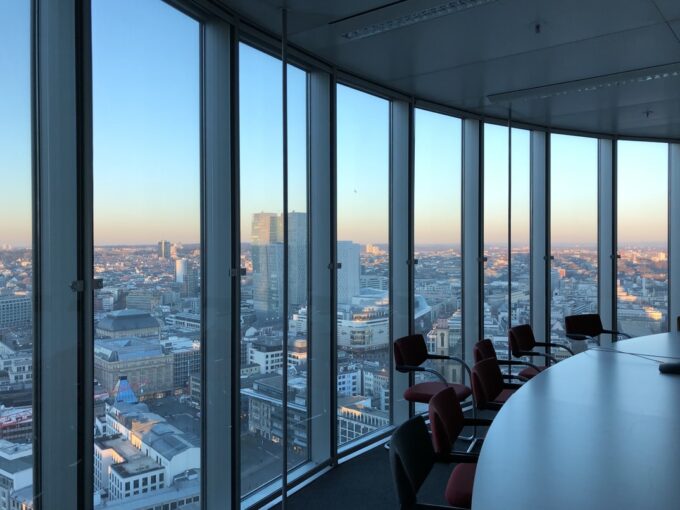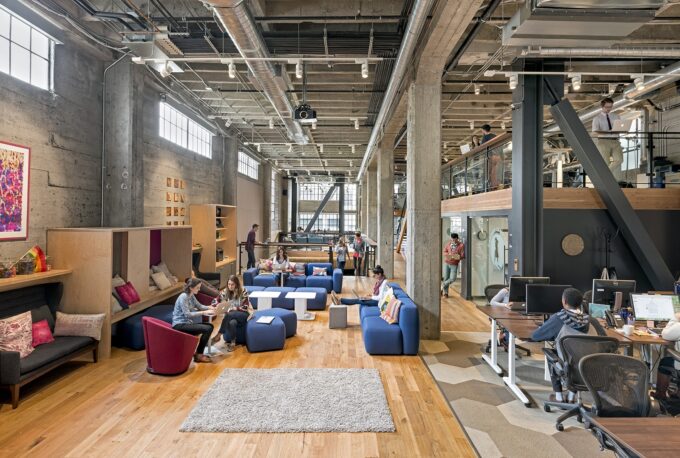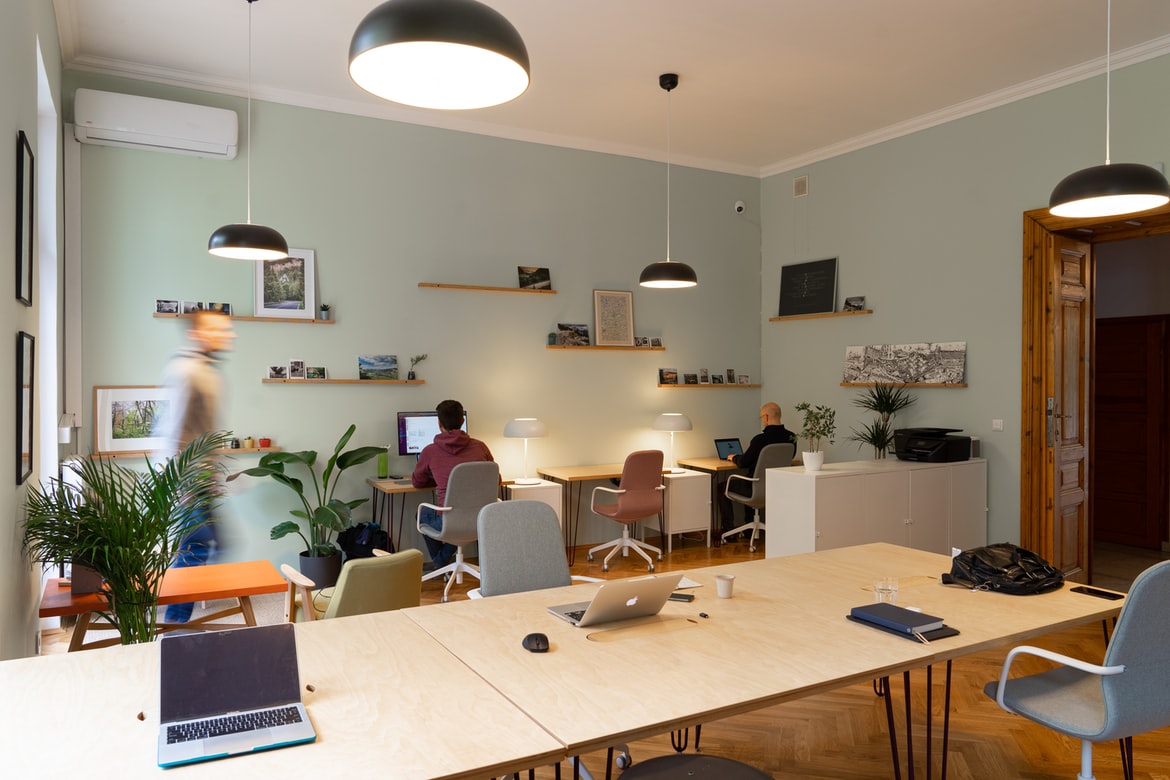After your employees, the second biggest thing that can influence the success of your business is where it’s based. Commercial properties have changed drastically over time, going from cubicle offices with little regard for employee wellbeing to innovative spaces that use clever tips and tricks to keep employees happy and boost productivity.
Whether or not you’re into the style of workspace made famous by Google, the reality is, there are now more factors than ever to think about when choosing an office space. Good options for offices are available here.
The only thing that hasn’t changed is the price of commercial property. It has always and will always be one of your biggest business expenses, making it all the more important you get it right. With this in mind, knowing how to choose the right office can seem overwhelming.
If you’re starting up a new business or are thinking about moving your business to new premises, here are some tips you need to consider before signing on the dotted line.
Location

The first thing you need to think about is the location of the office. It needs to be relevant to your industry, but it also needs to be accessible to both your staff and your clients. From your employee’s perspective, you need to ensure they can easily get there. This means ensuring that you’re not moving the office to a location that is miles away from your present space as this could be highly inconvenient to your employees.
Another reason you need to think about the location is in relation to your clients. If you’re the type of business that hosts face-to-face meetings, you need to make sure your office is easily accessible. This means choosing a location that has good public transport links such as railways, taxis, buses and – in the case of international companies – airports.
For those setting up a new business, the location you choose will have a bearing on the candidates you can recruit. Diverse cities tend to have the best candidate pool because of the increased population, meaning you’re more likely to find ambitious job seekers in these locations.
If you work within an industry that tends to be based in a certain area of your country (e.g. banking in London and fashion in Paris), it’s a good idea to try and find a spot in this area. You stand a better chance of networking successfully and coming into contact with your direct client base.
Can technology help you in choosing the best location for your business? If you want to ensure that you’re selecting the perfect place for your business, then take advantage of location searching. This technology involves high-quality intelligence data about your prospective business locations, eradicating guesswork or gut feel that can compromise the success of your business. Click here for more info about location searching.
Amenities

Once you’ve got the location pinned down, you need to think about amenities within the office. As mentioned above, you need to consider the needs and wellbeing of your employees. This means thinking about parking if you’re in an area that people may need to drive to and ensuring there are enough spaces to go round.
Ideally, you’ll be able to provide parking free of charge to your employees. Another amenity you need to be thinking about is light. It’s often overlooked by employers in favor of a good location, but this is detrimental to your employee’s moods and their wellbeing. Research has shown that employees work better when they have lots of natural light, so this means a basement office might not be the right choice – especially if you’re in a creative industry.
As well as lighting, you should also think about how much space employees will get in their new space, and how much breakout space is available, too. Everyone needs to step away from their desk every now and then and having a dedicated place to do so is always positive. When viewing offices, consider this.
Another thing to really think about is available private space. Open plan offices are good for creatives, but there will always be times when a private meeting room is needed. Whether it’s for a client pitch or meeting, or to discuss a private matter with an employee, secluded rooms are a necessity.
With location search technology, it’s possible to determine a specific location’s available communication, internet, and power lines with intelligence data gathering. Of course, it pays off visiting the area to verify the information and make the most of your search. In this way, you can offer the fastest business communications. You can deploy the latest technologies for product design and other processes that make up your daily office operations.
Branding Potential

Much like a rented house, making your office space feel uniquely yours is important for your brand – especially a new one or one that is rapidly growing. Not only does the capacity to brand your office make it feel like it’s yours, but it also looks more professional when you have guests coming in.
You need to think about what the limitations of branding are when scoping out a new office, including outdoors. Ideally, you’ll want the freedom to put up a sign that represents your company so it’s easy for people to find.
This isn’t always possible if you work in a large office block, in which case internal branding is necessary to separate yourself from your neighbors and make it easier for clients to find your office.
Budget

One of the most important things you need to think about when choosing a new office space is the budget. It’s expensive to rent an office so you need to make sure you can afford it. There are several things to consider, including the price per month and utilities.
Some landlords offer the option to pay for bills within a monthly cost which can be more efficient for busy businesses, but it could work out more expensive as landlords can inflate the cost of bills beyond their true value.
It’s worth trying to negotiate rent regardless, but do push for separate bills where possible if you’re looking to save money.
Growth Capacity

The final thing you need to be looking for when choosing a new office space is the capacity to grow. It’s impossible to tell where your business will be a year from now, let alone five years from now, but you should always assume that you might grow.
The scalability potential of your business can dictate the type of structure you can consider for your business office. For instance, you can install a shipping container office with all the amenities you need as a temporary office if you think of expanding soon. Such structure is also scalable as you can stack shipping containers and design the layout and structure to look professional. On the other hand, concrete offices or an office building is suitable for long-term use.
This is the main goal of every business after all, so it’s best to accommodate for future growth. This means choosing a space that has more storage than you may immediately need, as well as the option to add in more desks if you’re hiring and looking to grow your team.
Summary
We hope you find these tips useful in finding your new office space!









